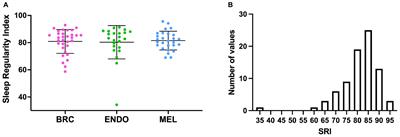EDITORIAL
Published on 28 Nov 2022
Editorial: Sleep and circadian rhythms in cancer patients and their relationship with quality of life
doi 10.3389/fnins.2022.1060184
- 1,097 views
- 1 citation
11k
Total downloads
47k
Total views and downloads
EDITORIAL
Published on 28 Nov 2022
ORIGINAL RESEARCH
Published on 21 Sep 2022
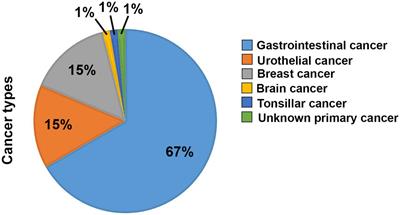
ORIGINAL RESEARCH
Published on 07 Sep 2022
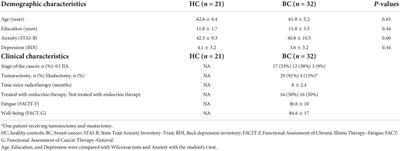
ORIGINAL RESEARCH
Published on 23 Jun 2022
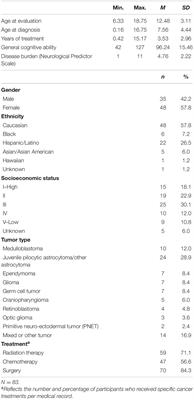
REVIEW
Published on 19 May 2022
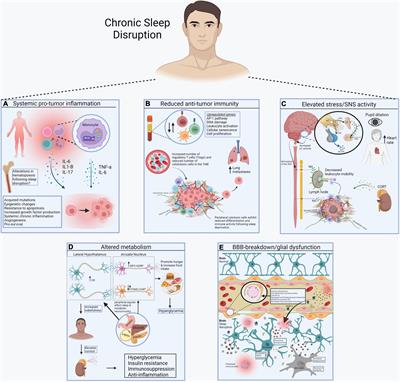
SYSTEMATIC REVIEW
Published on 19 Apr 2022
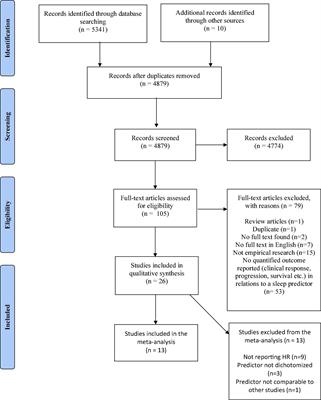
ORIGINAL RESEARCH
Published on 09 Mar 2022
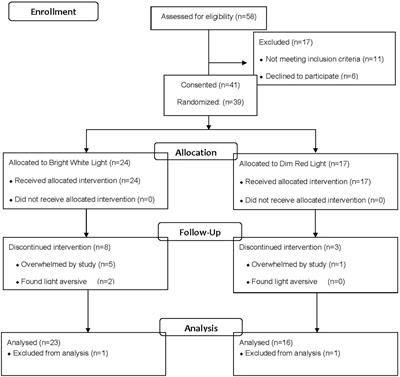
METHODS
Published on 04 Mar 2022
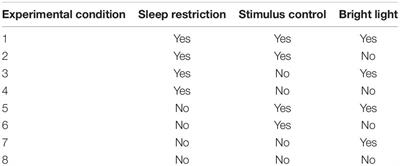
SYSTEMATIC REVIEW
Published on 22 Feb 2022
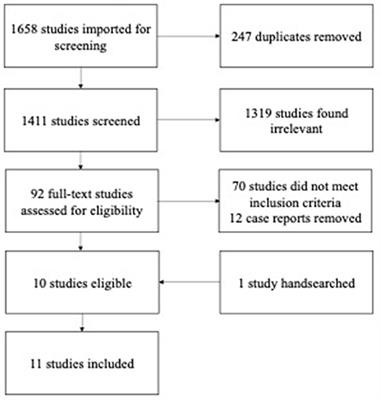
ORIGINAL RESEARCH
Published on 24 Jan 2022
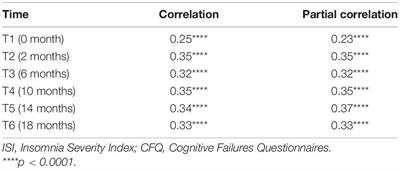
ORIGINAL RESEARCH
Published on 22 Sep 2021
